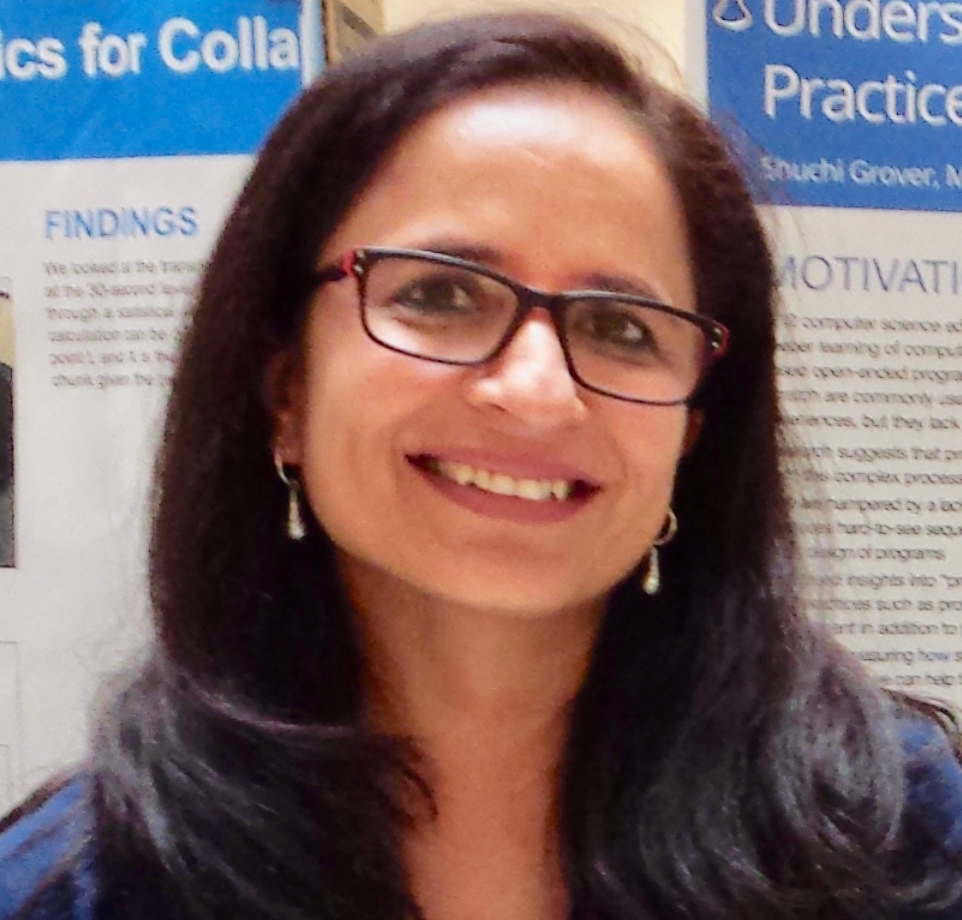Cited By
View all- Bataineh RBataineh R(2024)Cultivating Computational Thinking Through STEM and AI in Early EducationEmpowering Early Education With Computational Thinking, AI, and STEM10.4018/979-8-3693-6210-5.ch001(1-34)Online publication date: 25-Oct-2024
- He YWan Yahaya W(2024)Evaluating Computational Thinking Based on Game-Based LearningIntegrating Cutting-Edge Technology Into the Classroom10.4018/979-8-3693-3124-8.ch004(56-74)Online publication date: 8-Mar-2024
- Tsai F(2024)Development and Evaluation of an Internet of Things Project for Preservice Elementary School TeachersSustainability10.3390/su1617763216:17(7632)Online publication date: 3-Sep-2024
- Show More Cited By


